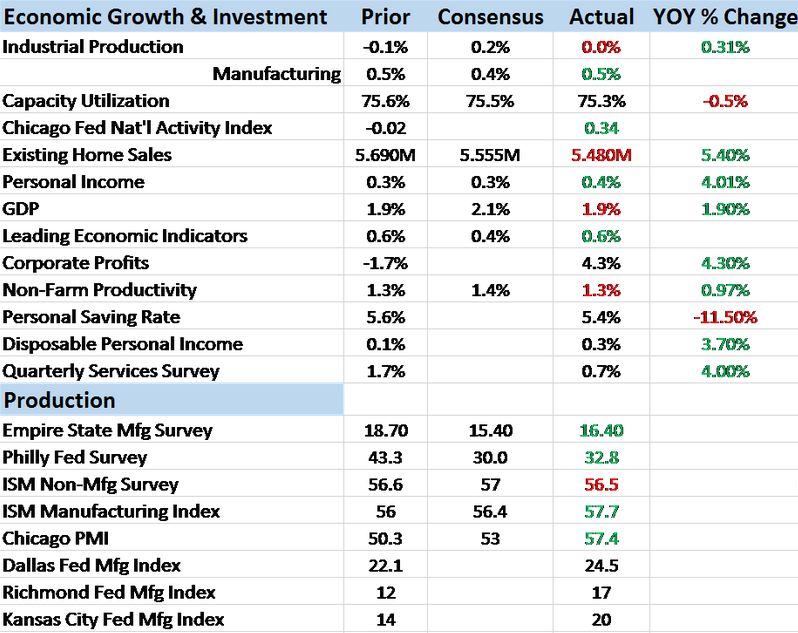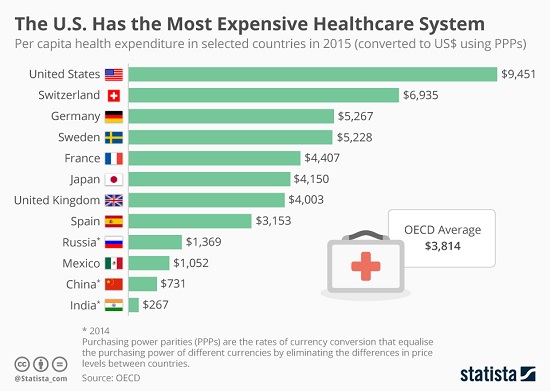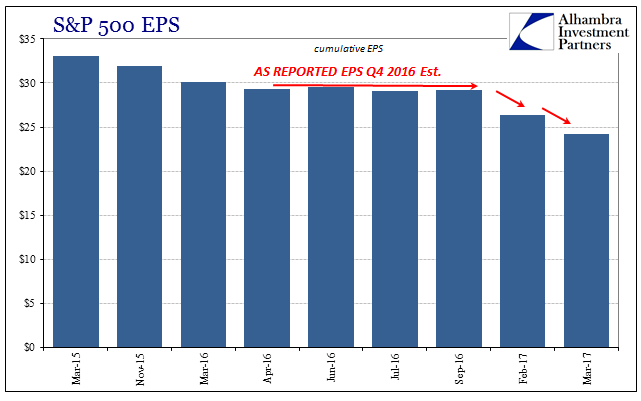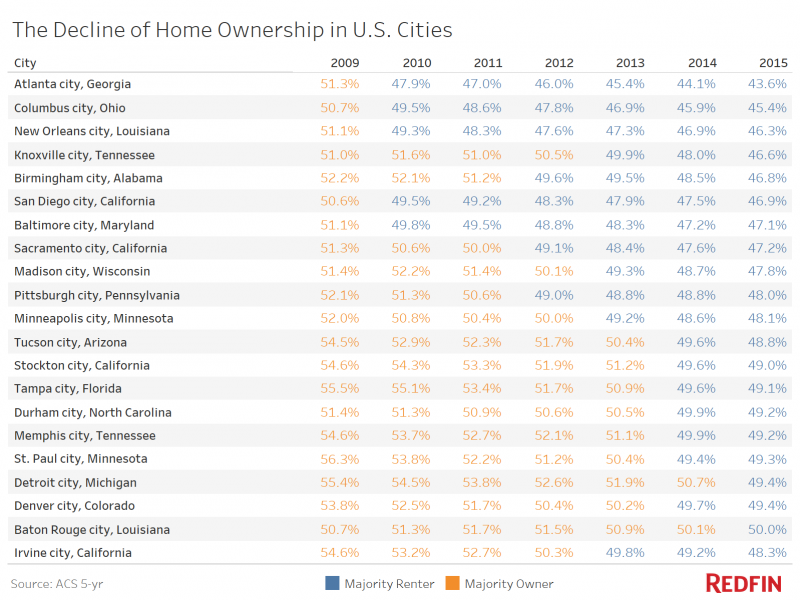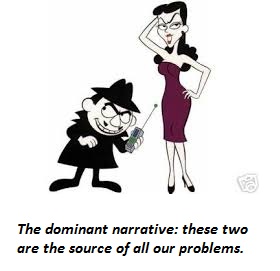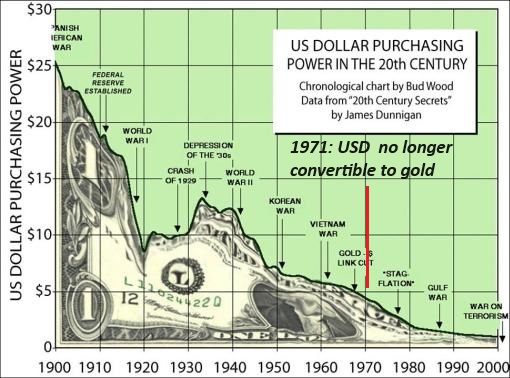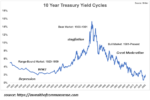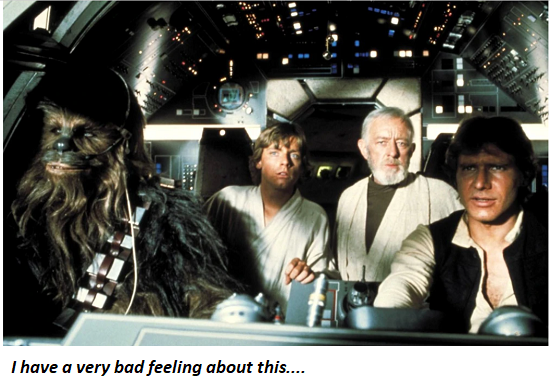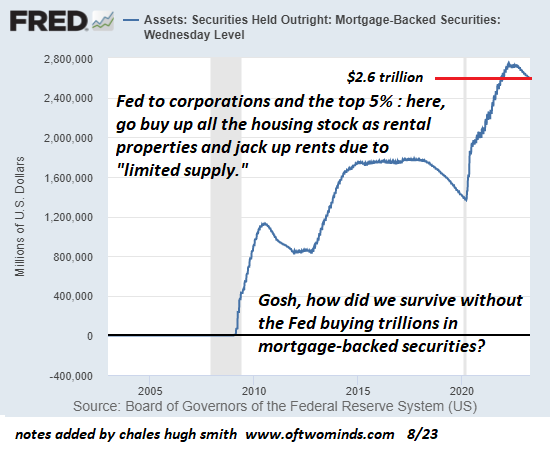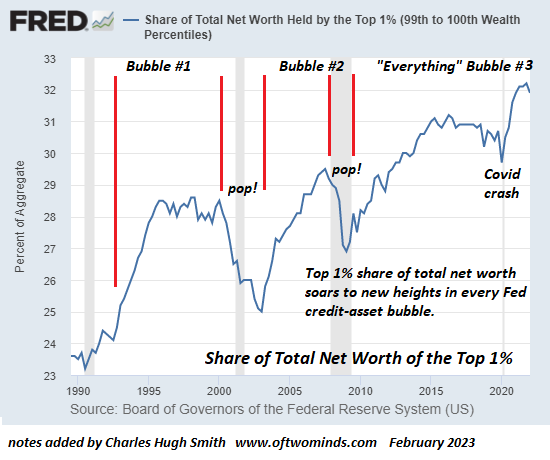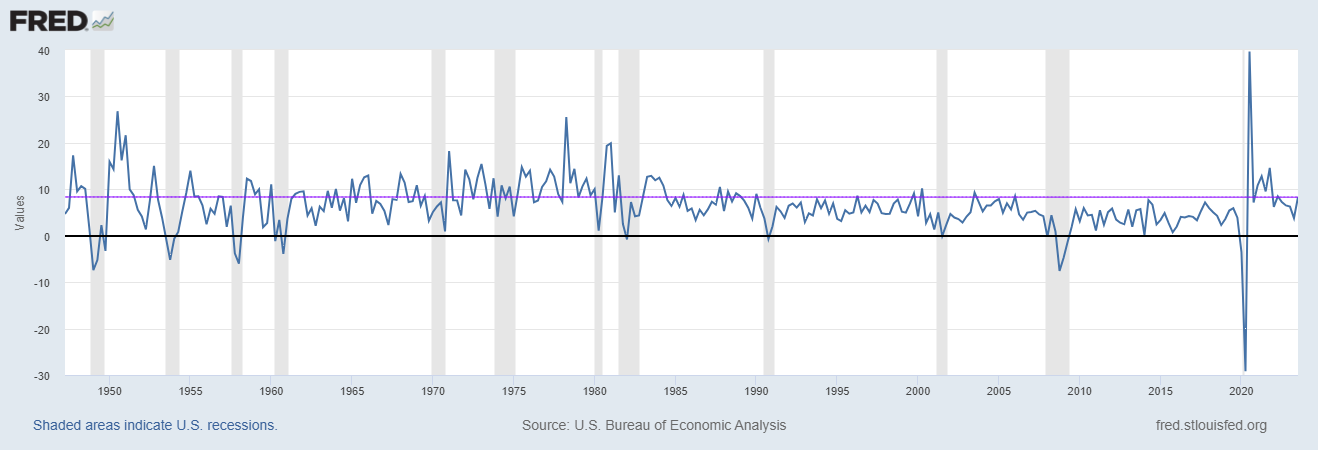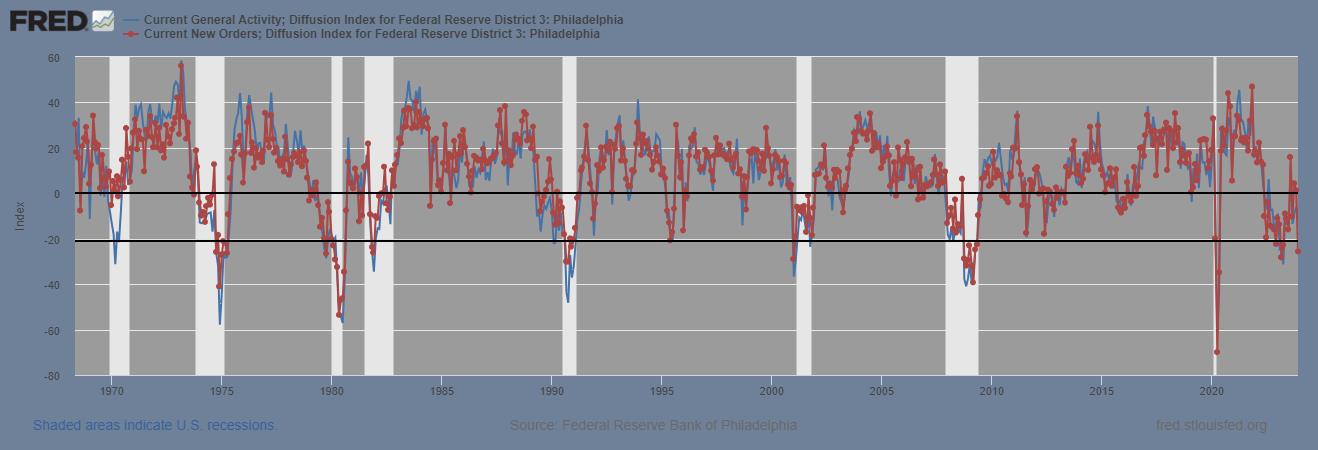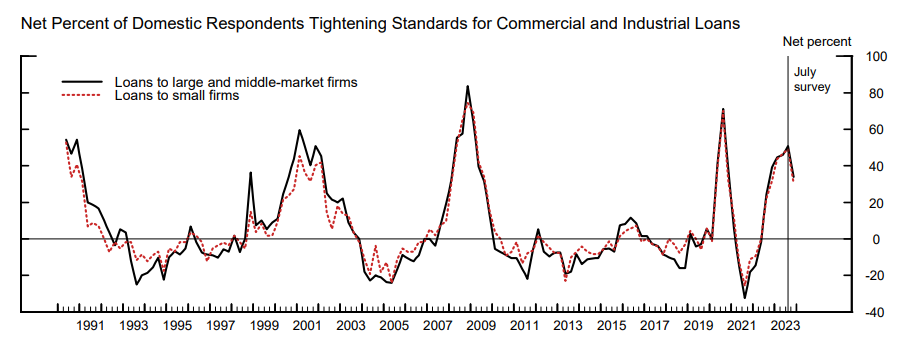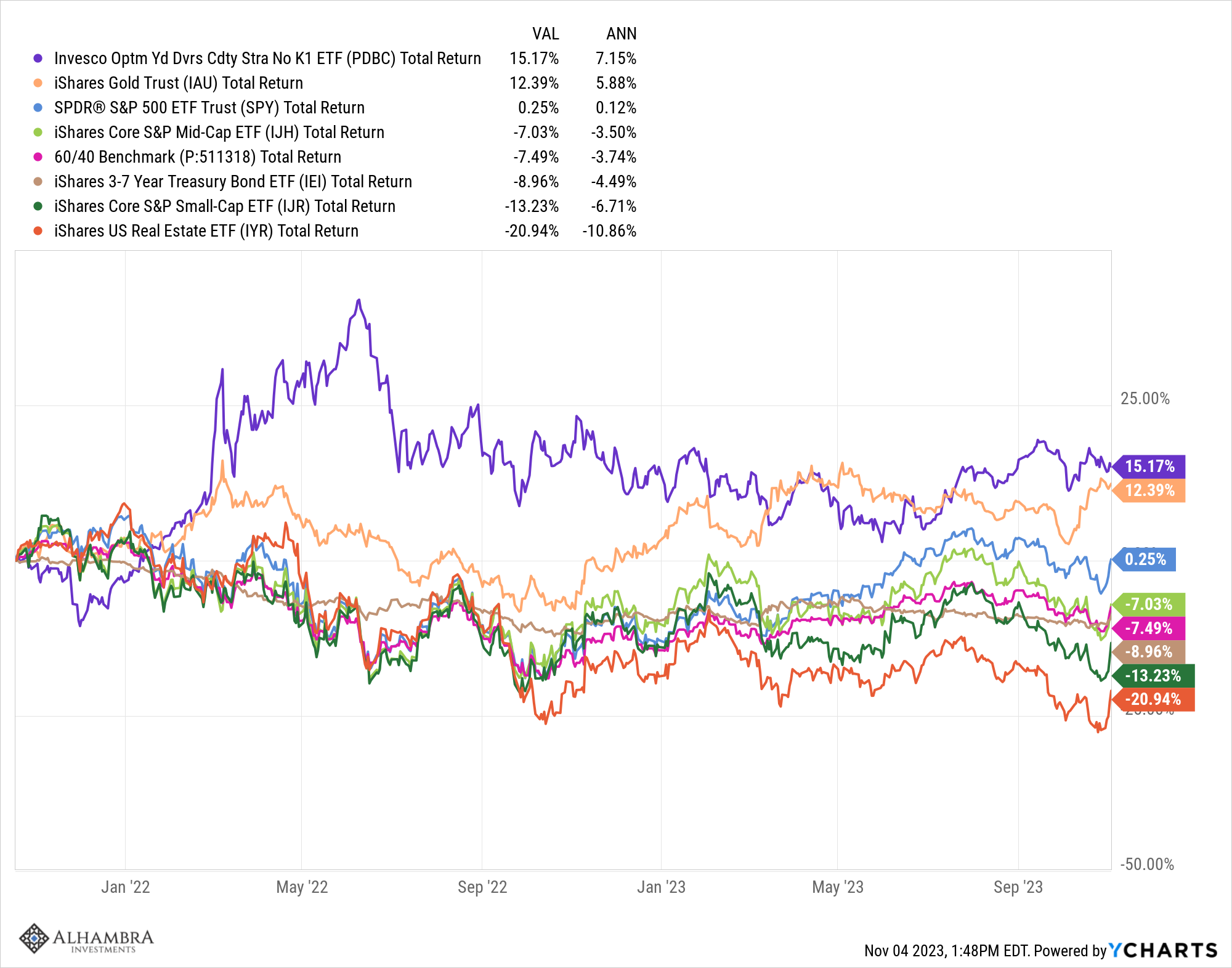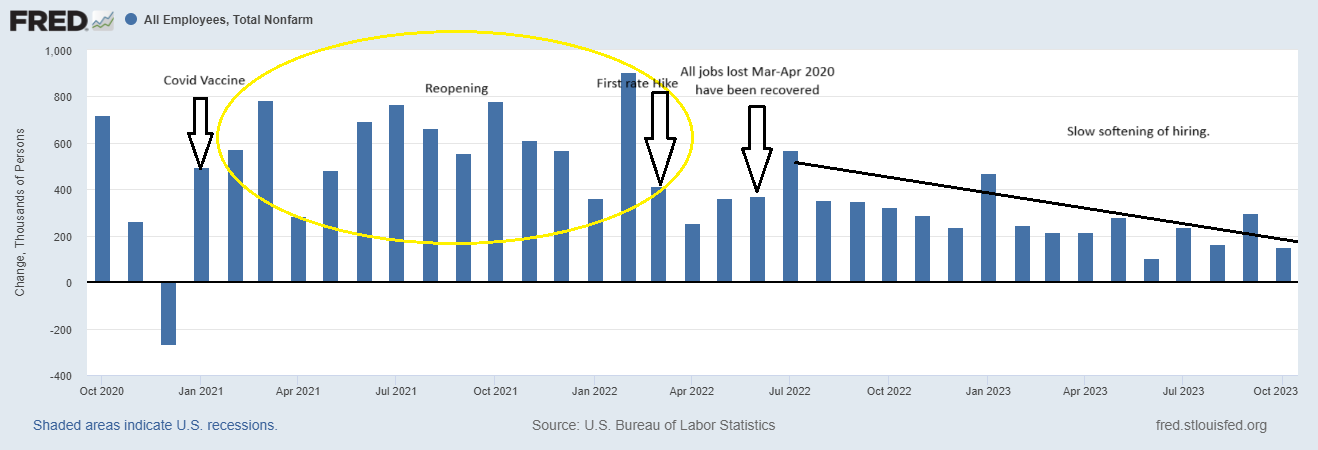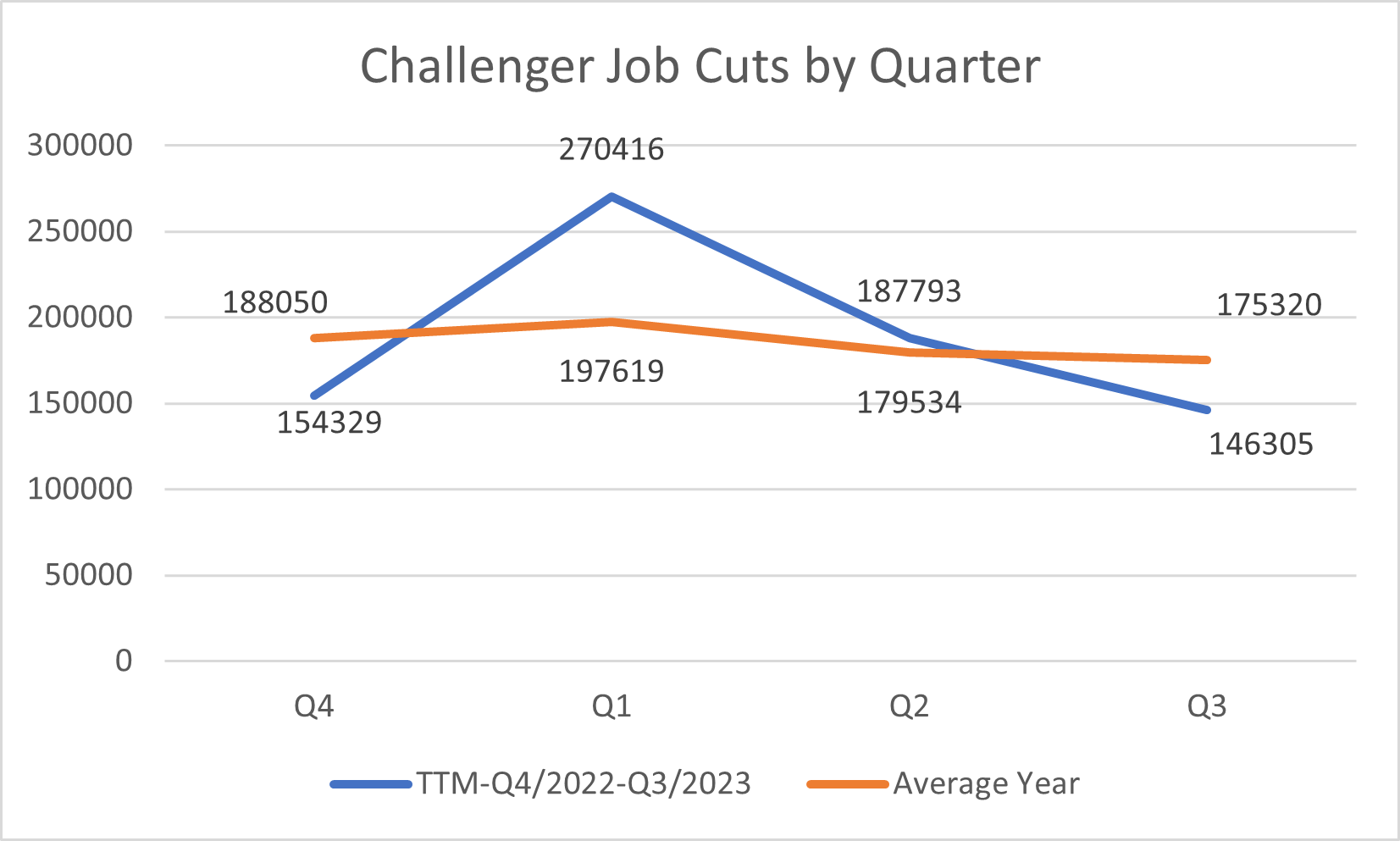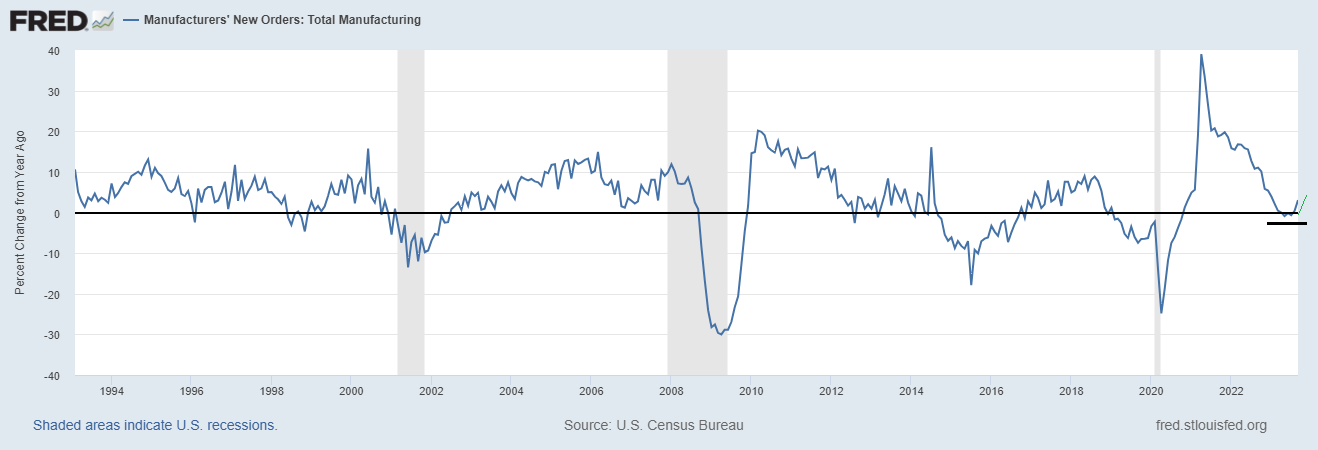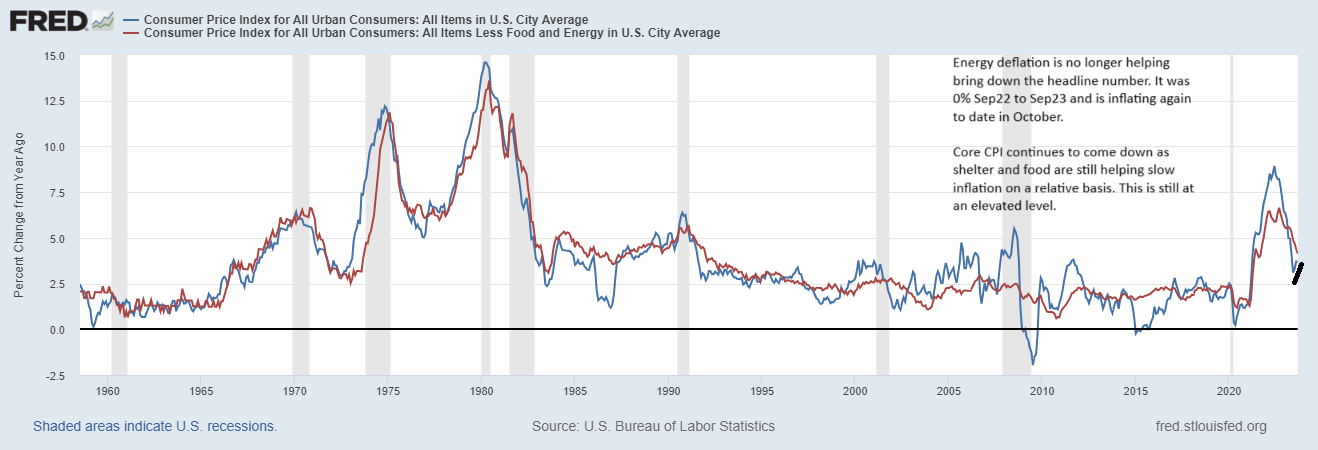Category Archive: 5) Global Macro

February US Trade Disappoints
The oversized base effects of oil prices could not in February 2017 push up overall US imports. The United States purchased, according to the Census Bureau, 71% more crude oil from global markets this February than in February 2016. In raw dollar terms, it was an increase of $7.3 billion year-over-year. Total imports, however, only gained $8.4 billion, meaning that nearly all the improvement was due to nothing more than the price of global oil.
Read More »
Read More »
Systemic Depression Is A Clear Choice
Looking back on late 2015, it is perfectly clear that policymakers had no idea what was going on. It’s always easy, of course, to reflect on such things with the benefit of hindsight, but even contemporarily it was somewhat shocking how complacent they had become as a global group.
Read More »
Read More »
Incomes Always Deviate Negative
Personal Income growth in February 2017 was more mixed than it had been of recent months. Nominal Disposable Per Capita Income increased 3.73% year-over-year, while in real terms Per Capita Income was up 1.57%. For the former, that was among the better monthly results over the past year, while the latter was near the worst.
Read More »
Read More »
Brexit: Hope vs reality. A cartoon by Kal
British Prime Minister Theresa May is determined to make Brexit happen, regardless of the outcome. Our cartoonist Kal gives his take. Click here to subscribe to The Economist on YouTube: http://econ.trib.al/rWl91R7 Daily Watch: mind-stretching short films every day of the working week. For more from Economist Films visit: http://films.economist.com/ Check out The Economist’s full video …
Read More »
Read More »
Consensus Inflation (Again)
Why did Mario Draghi appeal to NIRP in June 2014? After all, expectations at the time were for a strengthening recovery not just in Europe but all over the world. There were some concerns lingering over currency “irregularities” in 2013 but primarily related to EM’s and not the EU which had emerged from re-recession. The consensus at that time was full recovery not additional “stimulus.” From Bloomberg in January 2014:
Read More »
Read More »
When the “Solutions” Become the Problems
Those benefiting from these destructive "solutions" may think the system can go on forever, but it cannot go on when every "solution" becomes a self-reinforcing problem that amplifies all the other systemic problems.
Read More »
Read More »
Emerging Market: Preview for the Week Ahead
EM FX was mixed last week. The rebound in oil helped some, such as COP, RUB, and MXN. On the other hand, idiosyncratic political risks weighed on South Africa. This week could pose a challenge to EM, with lots of Fed speakers, FOMC minutes, and US jobs data.
Read More »
Read More »
The Power of Oil
For the first time in 57 months, a span of nearly five years, the Fed’s preferred metric for US consumer price inflation reached the central bank’s explicit 2% target level. The PCE Deflator index was 2.12% higher in February 2017 than February 2016. Though rhetoric surrounding this result is often heated, the actual indicated inflation is decidedly not despite breaking above for once.
Read More »
Read More »
Do the Roots of Rising Inequality Go All the Way Back to the 1980s?
Unless we change the fundamental structure of the economy so that actually producing goods and services and hiring people is more profitable than playing financial games with phantom assets, the end-game of financialization is financial collapse. I presented this chart of rising wealth inequality a number of times over the past year. Do you notice something peculiar about the inflection points in the 1980s?
Read More »
Read More »
Ending The Fed’s Drug Problem
Gross Domestic Product was revised slightly higher for Q4 2016, which is to say it wasn’t meaningfully different. At 2.05842%, real GDP projects output growing for one quarter close to its projected potential, a less than desirable result. It is fashionable of late to discuss 2% or 2.1% as if these are good numbers consistent with a healthy economy.
Read More »
Read More »
Emerging Markets: What has Changed
Former Korean President Park was arrested. Hungary’s central bank was more dovish than expected. South African President Zuma finally fired Finance Minister Gordhan. Brazil’s meat industry may have seen the worst of the scandal. Banco de Mexico slowed the pace of tightening.
Read More »
Read More »
India: The next Pakistan?
India’s Rapid Degradation. This is Part XI of a series of articles (the most recent of which is linked here) in which I have provided regular updates on what started as the demonetization of 86% of India’s currency. The story of demonetization and the ensuing developments were merely a vehicle for me to explore Indian institutions, culture and society.
Read More »
Read More »
Bi-Weekly Economic Review
The Fed did, as expected, hike rates at their last meeting. And interestingly, interest rates have done nothing but fall since that day. As I predicted in the last BWER, Greenspan’s conundrum is making a comeback. The Fed can do whatever it wants with Fed funds – heck, barely anyone is using it anyway – but they can’t control what the market does with long term rates.
Read More »
Read More »
The aquanauts who journey to the bottom of the ocean
Ever wondered what it is like to descend in a submersible into the deepest ocean? Check out Economist Films: http://films.economist.com/ Check out The Economist’s full video catalogue: http://econ.st/20IehQk Like The Economist on Facebook: https://www.facebook.com/TheEconomist/ Follow The Economist on Twitter: https://twitter.com/theeconomist Follow us on Instagram: https://www.instagram.com/theeconomist/ Follow us on LINE: http://econ.st/1WXkOo6...
Read More »
Read More »
Diving down to the deep ocean
Even in the perpetual darkness of the deepest ocean, scientists discover the discarded rubbish of modern life. Check out Economist Films: http://films.economist.com/ Check out The Economist’s full video catalogue: http://econ.st/20IehQk Like The Economist on Facebook: https://www.facebook.com/TheEconomist/ Follow The Economist on Twitter: https://twitter.com/theeconomist Follow us on Instagram: https://www.instagram.com/theeconomist/ Follow us on...
Read More »
Read More »
Forget ObamaCare, RyanCare, and any Future ReformCare-the Healthcare System Is Completely Broken
It's time to start planning for what we'll do when the current healthcare system implodes. As with many other complex, opaque systems in the U.S., only those toiling in the murky depths of the healthcare system know just how broken the entire system is.
Read More »
Read More »
Emerging Markets: Week Ahead Preview
EM FX ended the week on a firm note. Indeed, virtually all of EM was up against the dollar last week, led by ZAR and MXN. BRL and PHP were the laggards. It remains to be seen how markets react to the failure to pass the health care reform in the US. Will Trump move on the tax reform? Can the Republicans proceed with its agenda in light of the fissures within the party?
Read More »
Read More »
The Inverse of Keynes
With nearly all of the S&P 500 companies having reported their Q4 numbers, we can safely claim that it was a very bad earnings season. It may seem incredulous to categorize the quarter that way given that EPS growth (as reported) was +29%, but even that rate tells us something significant about how there is, actually, a relationship between economy and at least corporate profits.
Read More »
Read More »
Renters Now Rule Half of U.S. Cities
The American Dream increasingly involves a lease, not a mortgage. Detroit was once known as a city where a working-class family could afford to own a home. Now it’s a city of renters. Just 49 percent of Motor City households were homeowners in 2015, down from 55 percent in 2009 and the lowest percentage in more than 50 years.
Read More »
Read More »
The Deep State’s Dominant Narratives and Authority Are Crumbling
This is why the Deep State is fracturing: its narratives no longer align with the evidence. As this chart from Google Trends illustrates, interest in the Deep State has increased dramatically in 2017. The term/topic has clearly moved from the specialist realm to the mainstream. I've been writing about the Deep State, and specifically, the fractures in the Deep State, for years.
Read More »
Read More »









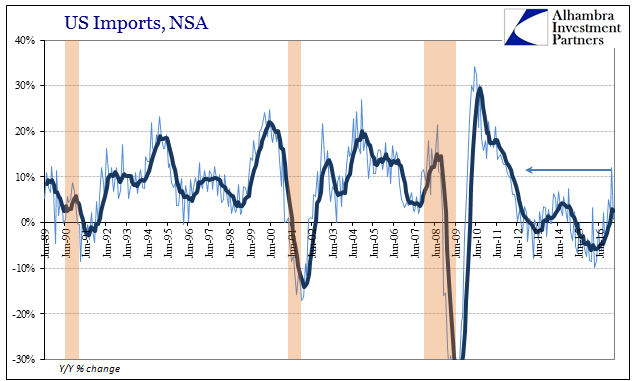
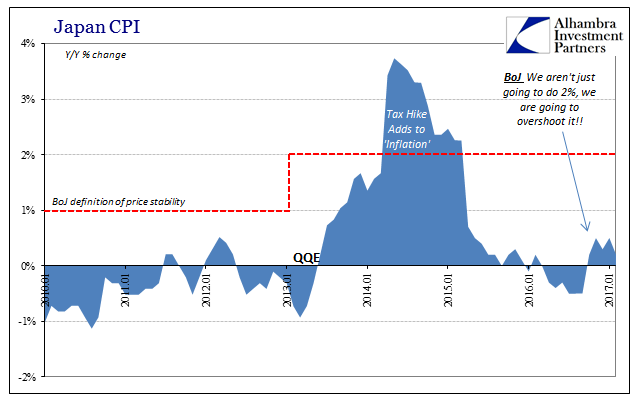
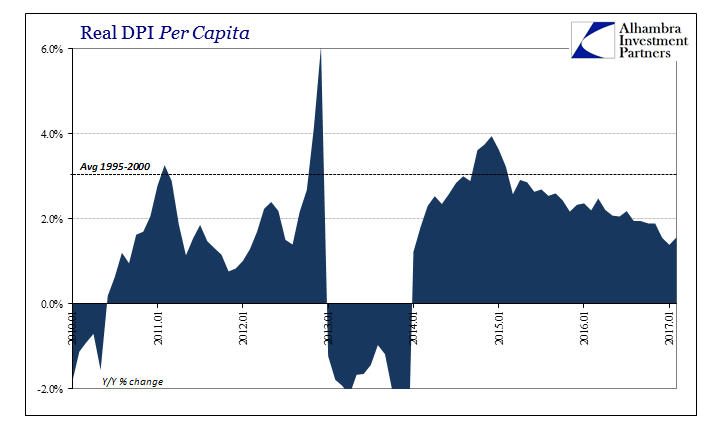
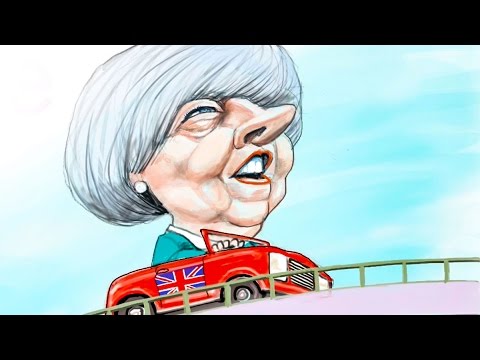
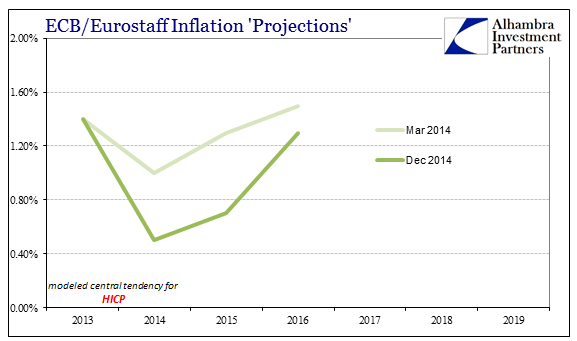
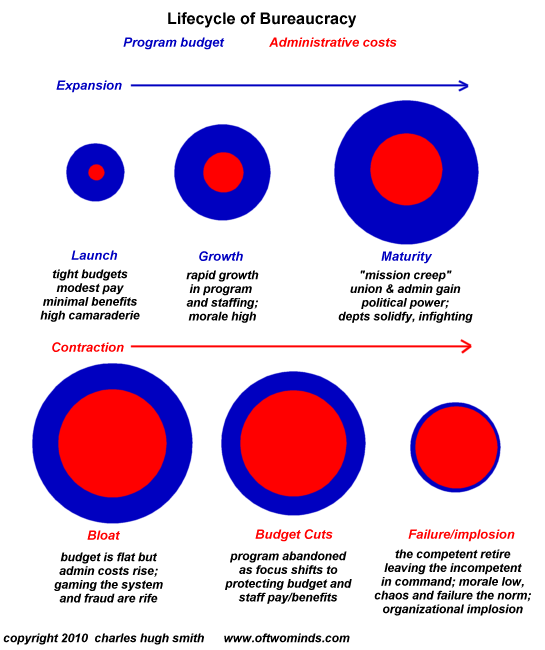

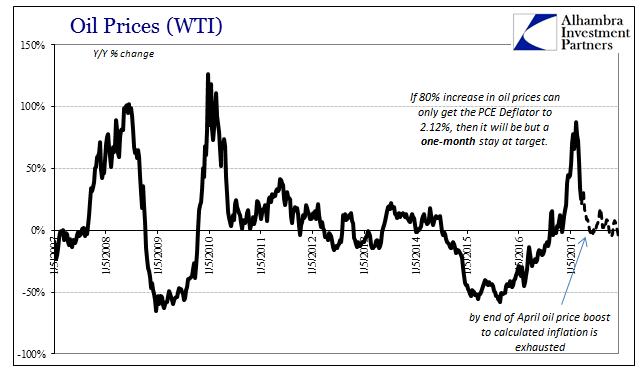
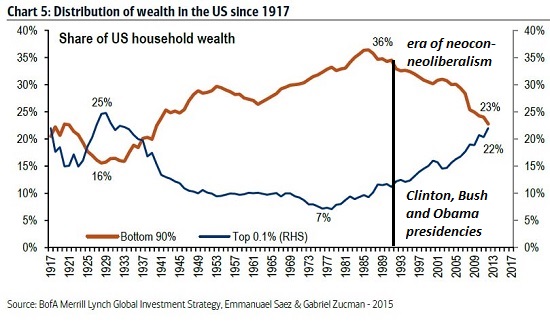
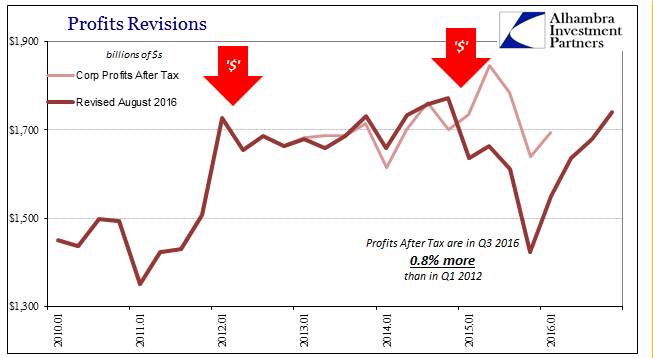

![The Modimobile is making the rounds amid a flower shower. [PT] Photo credit: PTI Photo](https://snbchf.com/wp-content/uploads/2017/03/Modi-Mobile.jpg)
